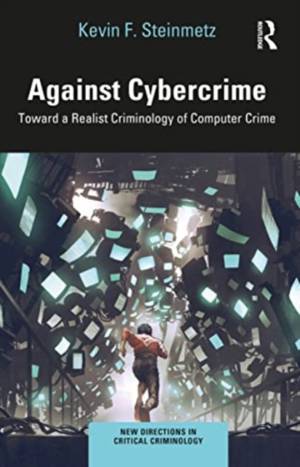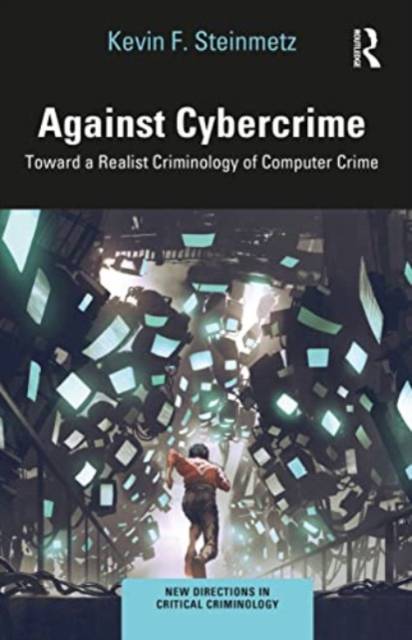
- Retrait gratuit dans votre magasin Club
- 7.000.000 titres dans notre catalogue
- Payer en toute sécurité
- Toujours un magasin près de chez vous
- Retrait gratuit dans votre magasin Club
- 7.000.000 titres dans notre catalogue
- Payer en toute sécurité
- Toujours un magasin près de chez vous
Description
This book advances a theoretically informed realist criminology of computer crime. Looking beyond current strategies of online crime control, this book argues for a new sort of policy that addresses the root causes of computer crime and criminality, reduces the harms experienced by the victims of such crimes, and does not unduly contribute to state and corporate power and surveillance.
Drawing both on the proponents of realist criminology and on those who have leveled critiques of the approach, Steinmetz illustrates the contours of a realist criminology of computer crime by considering definitions of harm with online crime, the idiosyncrasies of online locality and community, the social relations of computer crime, the tension between piecemeal reform and structural changes, and other matters. Furthermore, Steinmetz surveys the methodological dimensions of computer crime research, offers a critique of positivist "computational criminology," and posits an agenda for computer crime policy.
Against Cybercrime is an essential reading for all those engaged with cybercrime, realist criminology, criminological theory, and social harm online.
Spécifications
Parties prenantes
- Auteur(s) :
- Editeur:
Contenu
- Nombre de pages :
- 282
- Langue:
- Anglais
- Collection :
Caractéristiques
- EAN:
- 9781032235059
- Date de parution :
- 01-09-23
- Format:
- Livre broché
- Format numérique:
- Trade paperback (VS)
- Dimensions :
- 130 mm x 196 mm
- Poids :
- 299 g







